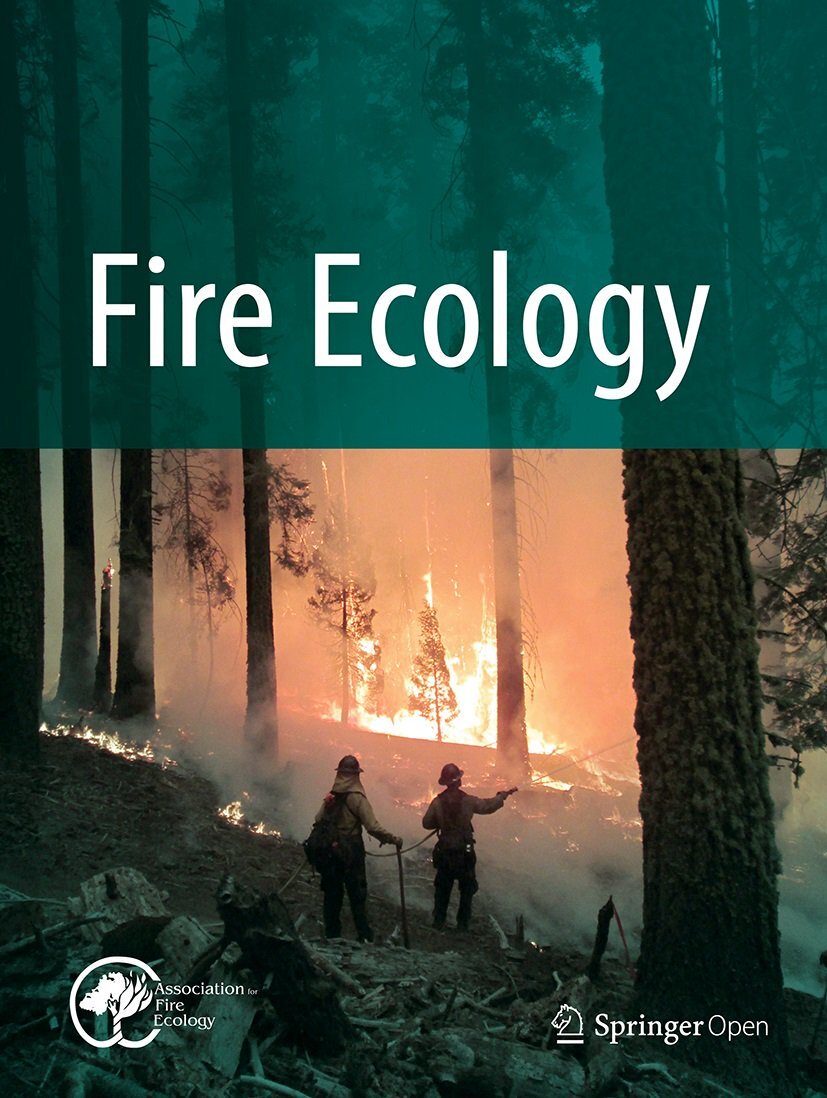September 10th, 2024 at 4pm EST
Wildfires can increase the risk of flooding, erosion, and degraded water quality, which can damage infrastructure, increase treatment costs for drinking water providers, and impair stream ecosystems. However, the reported nature and extent of water-quality effects after wildfire have varied widely, from massive increases in the amount of sediment, nutrients, and metals delivered to downstream waters to no noticeable change. Given the wide range of potential post-wildfire effects on water supplies, water providers and land managers need accurate guidance on what to expect in their watersheds to enable plans for minimizing impacts on water supplies. This presentation will describe selected USGS work linking post-wildfire water-quality response to climate, land cover, geology, catchment hydrology, and other factors. Given the predicted ongoing risk of wildfire to water supplies, it is imperative to develop capacity to predict, monitor, and mitigate wildfire effects on our water resources.


